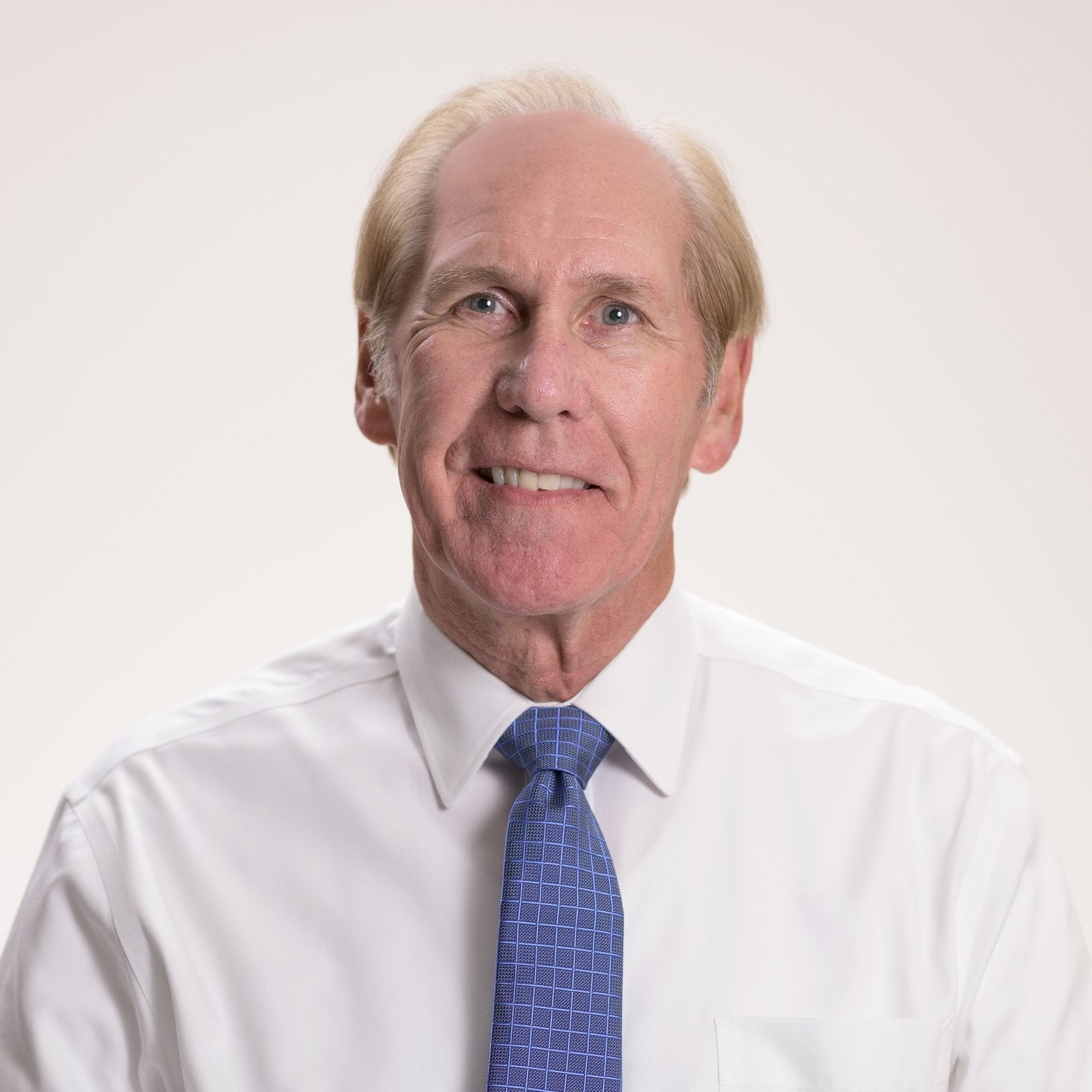The Messiah of Waco
Published 5:32 pm Saturday, June 17, 2023
|
Getting your Trinity Audio player ready...
|
By Michael J. Brooks
The recent Netflix series on the 30 anniversary of the Waco, Texas tragedy spurred my interest, and I found some new books at our local library chronicling this event. I remembered some of the details from 1993 but these recent volumes supplied greater detail.
Both President Clinton and Attorney General Reno admitted in their autobiographies that the episode wasn’t handled well. Since David Koresh frequently jogged outside the Davidian compound, shopped locally and was friends with the local sheriff, who, like the sheriff of Mayberry, never carried a gun, there was probably a better way to serve a warrant. Thus the debate continues.
Koresh announced he was the “lamb of God,” the new messiah, and he exercised tyrannical control over his Branch Davidian followers. He claimed the wounds from the assault on his hand and side were just like Jesus’s wounds on the cross, and he was 33 at the time of the assault, as is commonly believed Jesus was in the year he was arrested and executed.
Jesus predicted that many in the last days would claim messiahship (Matthew 24:5). I don’t know that most of these “mini messiahs” have the audacity to call themselves messiahs, as Koresh did, but we’ve seen a number of dictators who believed they were divinely destined for world domination, and perhaps a few lesser ones who declared they were kings of their particular hills.
My friend, Dr. Charles Chandler, began the Ministering to Ministers Foundation to help ministers in crisis. Though compassionate, he often spoke the unvarnished truth to ministers wounded by their bad choices. Charles said an occupational hazard is the “messiah complex” through which ministers believe they’re vice-regents under God who speak from Mt. Sinai like Moses.
We’ve seen several prominent examples of this in recent years. One watchdog organization calls it “clergy abuse” when pastors claim divine sanction in biblical interpretation and in church decisions, especially the handling of money.
The Apostle Paul is a good model in so many respects. He said he, Peter and Apollos were partners in ministry, but God is the one who deserves ultimate allegiance. As far as we know, Paul took money from only one congregation so as to prevent criticism that he was prospering at the expense of the churches he founded. And at least once, he humbly admitted he spoke his opinion though, he said, he had no direct word from the Lord.
We preachers must also distinguish between divine revelation and personal opinion!
David Koresh wasn’t the messiah, and none among us is destined to messiahship. The true messiah was a humble servant of God and a friend of sinners.
He summons us to a life of humility and service, too.
“Reflections” is a weekly faith column written by Michael J. Brooks, pastor of the Siluria Baptist Church, Alabaster, Alabama. The church’s website is siluriabaptist.com.






